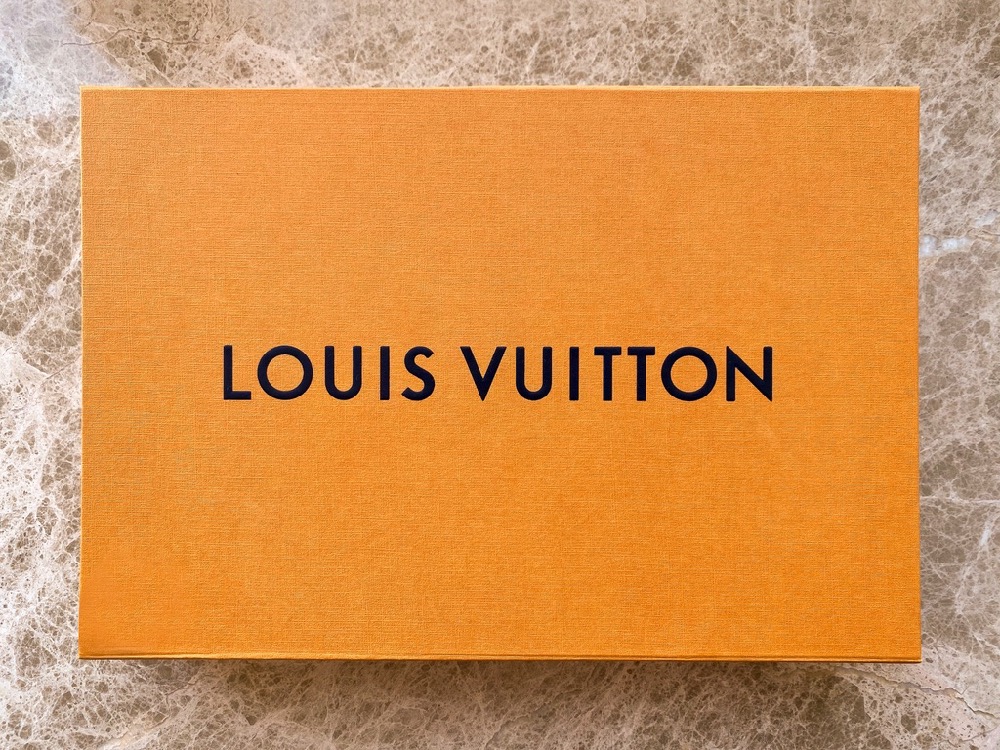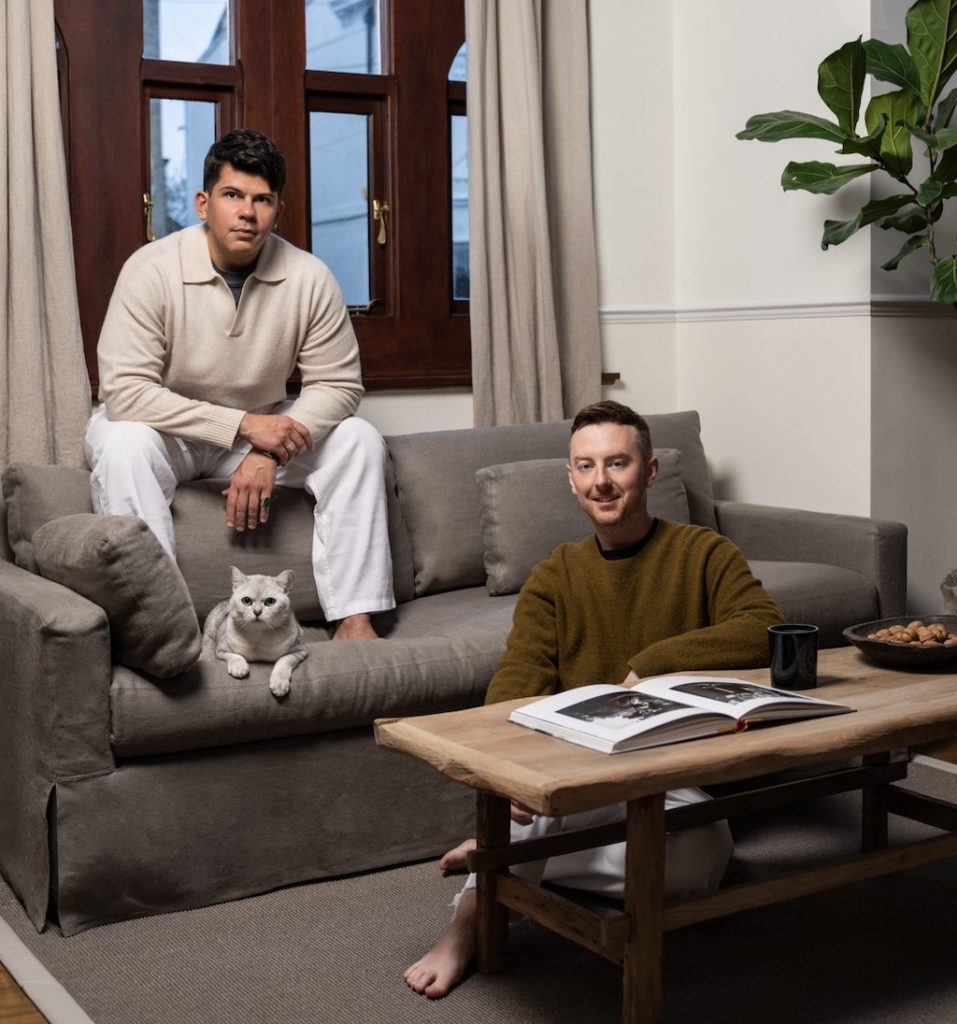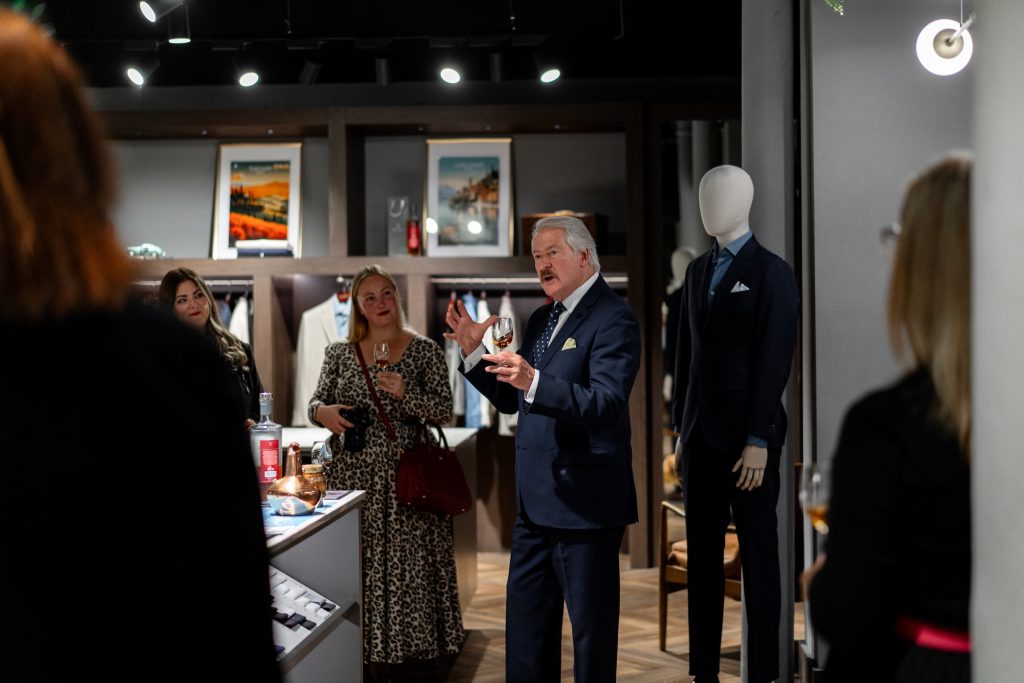In this interview Lidi Grimaldi, Managing Director, Interbrand Milan talks to us about the findings of the recent Interbrand Best Global Brands 2020 Report. From building brand resilience, exploring time and space as a luxury commodity to personal achievements and brands leading the way in leaving a legacy with purpose – you’re in for a fascinating read.
You can read the report here.
Resets and resilience is very much a theme that runs throughout each brand view point within the report. What are the key challenges luxury brands face when trying to ‘reset’?
Resets and resilience are keywords for any brands considering the time we are going through, though we should be careful that they do not become buzzwords. I believe the key challenge for luxury brands lies in being able to listen and truly connect with their constituents. These brands have to be able to address people’s expectations, be they consumers, employees or society at large. Luxury brands have to be able to create relevant meaning.

And are there any strategic routes that particularly stand out for you in terms of building brand resilience?
During crises, great brands navigate responsively, following a clear trajectory towards a concrete ambition. But they also retain the ability to move and flex rapidly when needed.
In practical terms, I believe the resilience for brands today means being brave enough to move outside of their comfort zone and reinvent themselves, and even their own business model if needed.
That said, I also believe brand resilience is an effect not a cause. The real engine behind successful companies is creating a sense of belonging with a strong, shared company culture. Creating and nurturing this culture – based on a clear and shared ambition and strong behaviours – is the basis of everything these days.
Great brands are made of people. Brands are not resilient in themselves, their people are. But the people need to be given the means to build their own resilience, for the sake of the brand.
During a crisis, however, leaders are the ones who take the lead and adapt. Not every employee or even brand will be ready or willing to take on that role. As Charles Darwin said, “It is not the strongest of the species that survive, nor the most intelligent, but the one most responsive to change.”

Connections and communications have been identified as key factors that will help brands thrive. These factors are fundamental to building any sense of loyalty between a brand and its customer base. How do you think these have evolved over the years (and during the Covid pandemic) from both the brand and the consumer perspective?
There is no longer a one-way communications channel between brands and consumers. The rise of fake news and new communications channels has necessitated a more collaborative and communicative relationship between brands and consumers. Today, people are at the heart of brands.
Creating authentic and meaningful connections is the one and only way for brands to remain relevant, regardless of the industry they operate in. The most successful brands are the ones that help people live better. Luxury brands have the privilege of supporting people in creating their own meaning and identity.
Many of the conversations you had with brand leaders, investors and consumers indicate that space and time is widely regarded as a luxury commodity. Why do you think this is the case and how can (non-service) brands fulfil this demand?
Because we are all overwhelmed by our time. Anyone can access everything almost too easily. We are being faced with more information than we could ever consume, let alone use.
To take up consumers time and energy, brands have to create meaningful and sustainable experiences. The kind people really want to engage with because they are fulfilling, rewarding, or at least useful. It is not about brands doing more, but doing better. It’s not about launching new products, but about creating meaning.
What is your own personal definition of luxury?
Luxury is a cultural thing. It is about deeply understanding the real meaning of things, being able to make sense out of them.
The report identifies that ‘At their best, luxury brands are a commitment to craft, skills and knowledge, they are a tribute to a sense of human achievement.” We couldn’t agree more. How can luxury brands work this to their advantage and do you think brands from non-luxury sectors can learn from this?
Real luxury is not about superficiality. I think luxury brands have to put their efforts into protecting and nurturing the real, deep meaning and value of their offer in order to generate lasting value.
Brands coming from other sectors should consider their business results as the consequence of creating real value for people. The people should be their focus, instead of making the results their ultimate goal.
What is your own personal achievement you are most proud of?
Becoming confident in asking for help when I need it.
The report states that ‘brand strength has been the tension between the brands who interrogate the question ‘why?’, and those who just ask, ‘why not?’ Please elaborate on this point and its significance. Interbrand measures brand strength on ten different factors (encompassing leadership, engagement and relevance) which ultimately looks at the ability of the brand to create loyalty and, therefore, sustainable demand and profit into the future. While it takes into account a whole range of elements, I believe the difference between the ‘why’ and the ‘why not’ is about action. Strong brands are the ones who use a number of the factors of brand strength to not only navigate towards a North Star, but are also not afraid to move, adapt and grow in order to reach it.
And if you can please share any examples of brands who ask and then act upon the findings from asking these questions.
There have been many brands this year that have embodied different elements of what Interbrand found in our Best Global Brands research and report.
But to mention a few, Prada, adapted quickly and demonstrated its resilience by launching its new collection virtually. The brand streamed on TikTok for the first time, alongside streams on Instagram and Prada.com. And many other luxury brands also looked to adapt via digital platforms, with Burberry, Gucci and Hermès all launching games.
Meanwhile, Gucci also looked to collaboration, partnering with luxury consignment brand The RealReal to highlight the sense of craftsmanship. Gucci is actively incentivising shoppers to purchase resale items on The RealReal’s website. This also plays into helping consumers live a better life, with all the conversations around sustainability and waste – particularly in the fashion industry where fast fashion is a real environmental concern.
Finally, what is your own life motto (if you have one).
Per Aspera ad Astra (through hardships to the stars).




